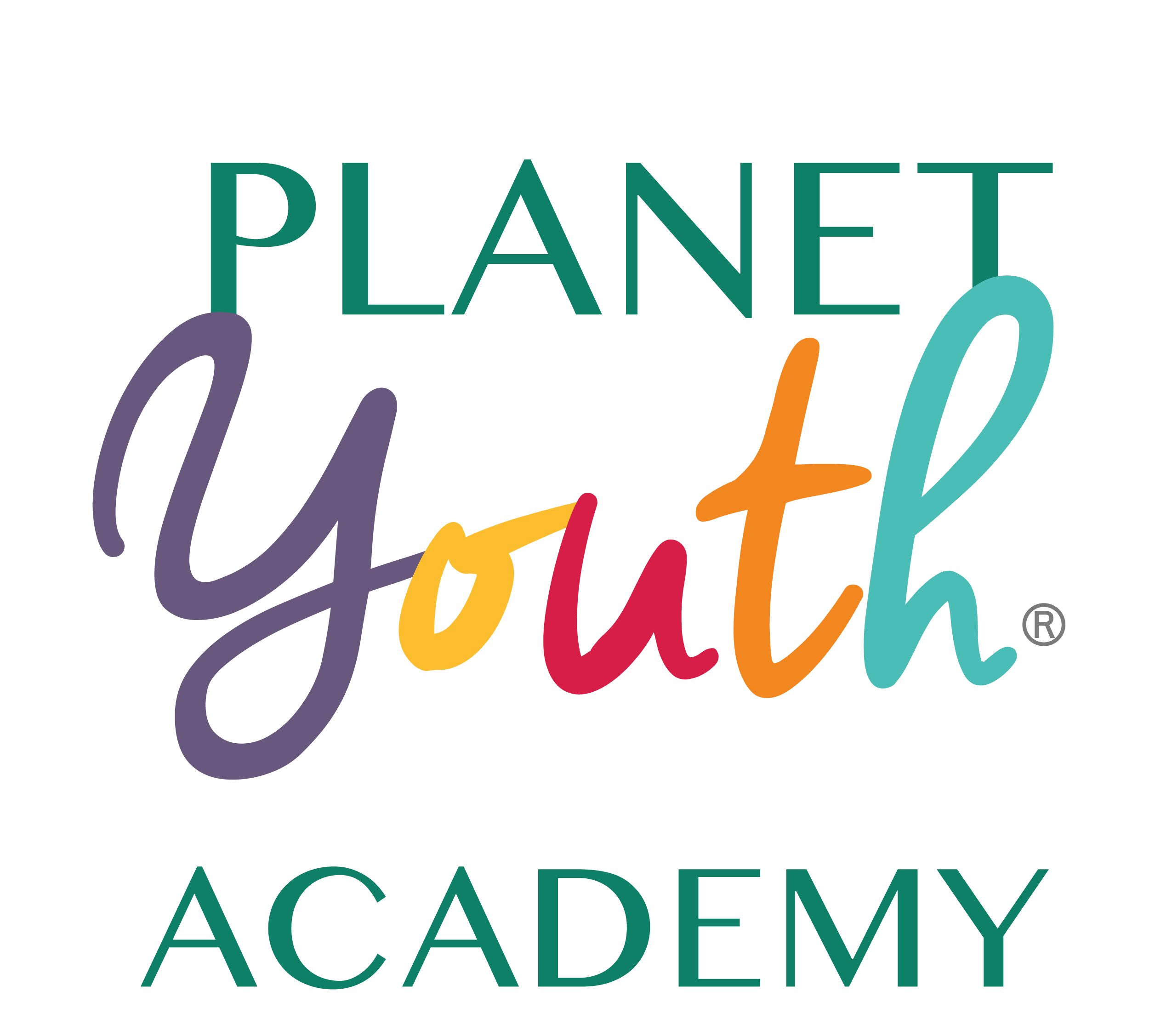The Planet Youth Practice Toolbox:
The Leisure Time Domain
The Role of Organized Leisure Time Activities
Development
The Leisure Card Program
2007
The Leisure Card initiative was established based on an agreement between the two political parties that formed the majority in the Reykjavik city council
2012-2023
Percentage of 6-18-year-olds using the leisure card in Reykjavik
2020-2021
Role of Adults on Charge of Organized Activities
Education of Adults in Charge of Sports Activities
The Ten Commandments of Sports
Youth Clubs
Partner Examples in the Leisure Domain
